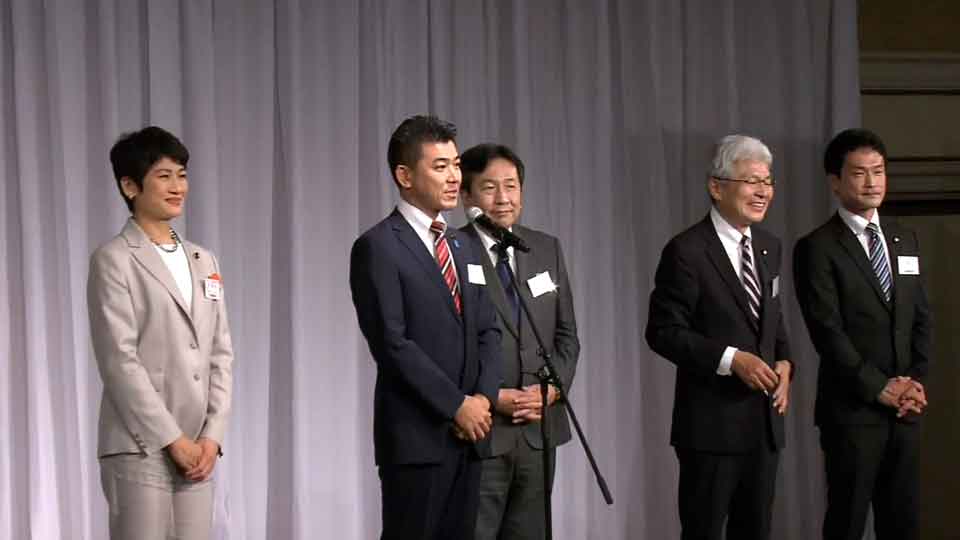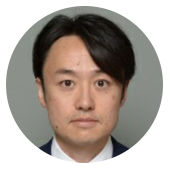Four candidates contested the leadership election, which went to a runoff between Izumi and 62-year-lawmaker Ohsaka Seiji. In the final vote, Izumi won by a convincing 205 to Ohsaka’s 128.
''I was the youngest of the four candidates. But our former leader, Edano Yukio, was Chief Cabinet Secretary at the same age, so you can't say I'm too young,” he said in his victory speech. "We will not tolerate bad politics. We will pursue politics for the people from the perspective of the people.''
Who is Izumi?
Izumi was first elected to office in 2003 and has been re-elected seven times. He represents the 3rd Kyoto constituency in the Lower House.
When the Democratic Party of Japan was in power from 2009 to 2012, he served as Parliamentary Vice-Minister of the Cabinet Office.
He joined the Constitutional Democratic Party in September 2020 and ran in the leadership contest that year. This was his second attempt to become a leader of the party. He served as head of the party's policy research council and is seen as a safe pair of hands.
During the election campaign, he promised to change the image of the party from one that only criticizes the government to one that makes policy.
On Wednesday, he made his three leadership rivals party executives in an effort to foster unity. And he says half of the executives will be women as a symbol of diversity.

Tough challenges ahead
Izumi’s biggest immediate challenge will be to rebuild the party after a bruising defeat in October.
The CDP had expected to gain ground in the vote but emerged with about 10 percent fewer seats. Izumi and his executives will have to analyze what went wrong and plot a course for a better performance next summer.
The CDP joined forces with the other opposition parties, including the Japanese Communist Party, during that election. They ran a unified candidate in many constituencies to avoid splitting the vote. Izumi has said he thinks that is still a good plan to defeat the ruling coalition in future elections, but isn’t promising to stick to the terms of the recent collaboration.
The CDP had an agreement with the Japanese Communist Party to cooperate if it took power in the Lower House election. Izumi now says the agreement no longer applies. And while the Japanese Communist Party wants to keep the relationship going, more centrist CDP supporters are less keen.
Izumi will have to walk a fine line as he tries to build a viable electoral force.

